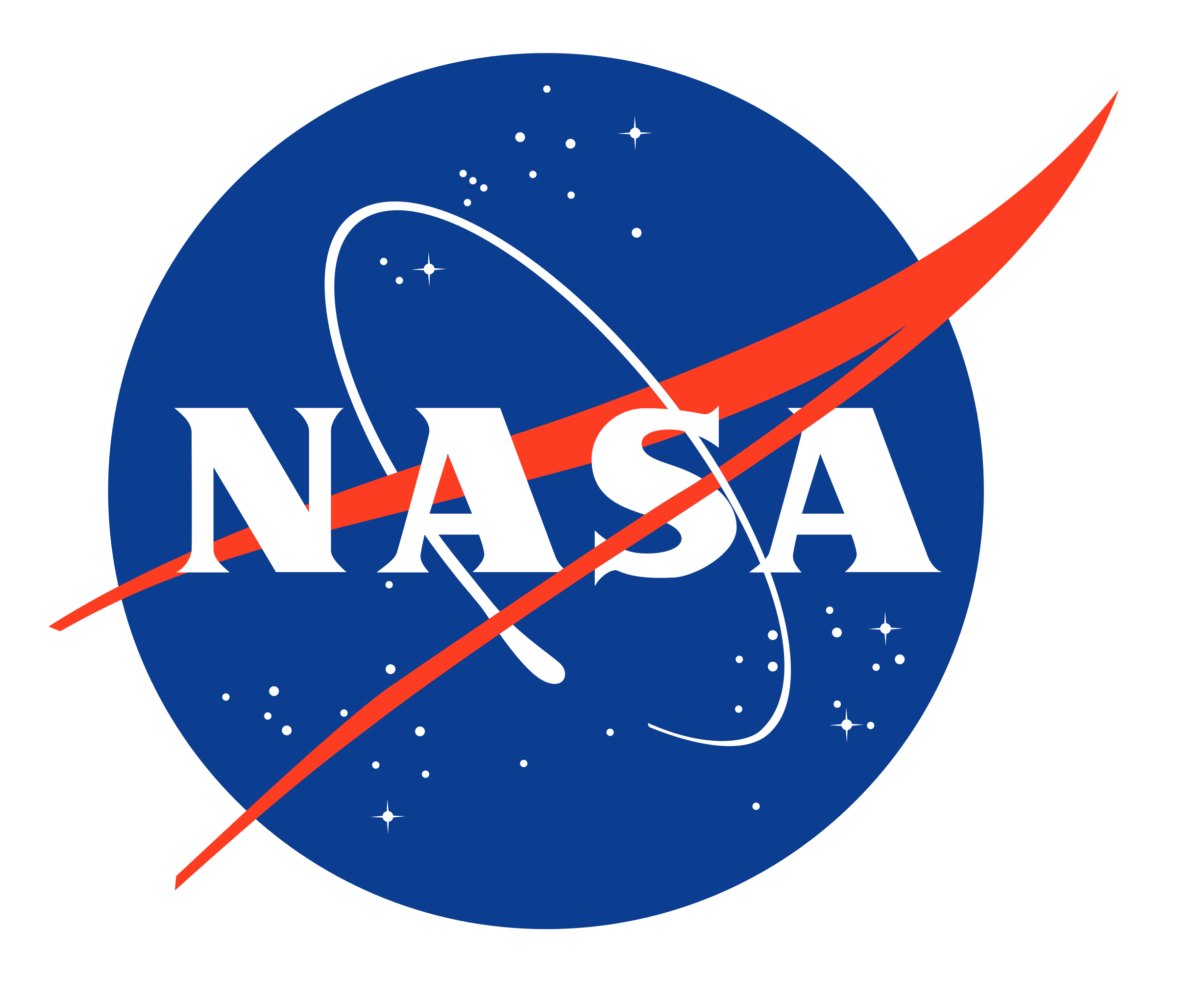As NASA prepares to send astronauts further into the cosmos than ever before, the agency aims to upgrade production of a critical fuel source: food. Giving future explorers the technology to produce nutritious, tasty, and satisfying meals on long-duration space missions will give them the energy required to uncover the great unknown.
In coordination with the Canadian Space Agency, NASA is calling on the public to help develop innovative and sustainable food production technologies or systems that require minimal resources and produce minimal waste. Dubbed the Deep Space Food Challenge, the competition calls on teams to design, build, and demonstrate prototypes of food production technologies that provide tangible nutritional products – or food.
Over time, food loses its nutritional value. That means for a multi-year mission to Mars, bringing along pre-packaged food will not meet all the needs for maintaining astronaut health. Additionally, food insecurity is a significant, chronic problem on Earth in both urban and rural communities. Disasters that disrupt supply chains further aggravate food shortages. Developing compact and innovative advanced food system solutions through initiatives such as the Deep Space Food Challenge could have applications in home and community-based local food production, providing new solutions for humanitarian responses to floods and droughts, and new technologies for rapid deployment following disasters.
NASA and the Canadian Space Agency have coordinated to open Phase 2 of the Deep Space Food Challenge, targeted at developing novel food production system technologies for long-duration deep space missions.
Credits: NASA
«Feeding astronauts over long periods within the constraints of space travel will require innovative solutions,» said Jim Reuter, associate administrator for NASA’s Space Technology Mission Directorate at the agency’s headquarters in Washington. «Pushing the boundaries of food technology will keep future explorers healthy and could even help feed people here at home.»
In October 2021, Phase 1 of the challenge culminated as NASA awarded 18 teams a total of $450,000 for their concepts for innovative food production technology that produces safe, acceptable, palatable, nutritious food products that are stable and high quality, while minimizing necessary resource inputs. NASA and the Canadian Space Agency jointly recognized 10 international teams for their winning submissions. NASA’s supporting partner of the challenge, the Methuselah Foundation, sponsored two $25,000 awards to international teams for their outstanding innovation. The Canadian Space Agency awarded 10 teams $30,000 CAD each to their winning teams.
NASA now invites both new and existing teams to enter Phase 2, which will require teams to build and demonstrate prototypes of their designs and produce food for judging. Interested participants from the United States can compete in Phase 2 for part of a prize purse up to $1 million.
“We are excited to continue collaborating with the Canadian Space Agency to conduct the next phase of this challenge and identify solutions from across the globe,» said Reuter.
The Competition
The Deep Space Food Challenge asks competitors to create a food production technology, system, or approach that could potentially be integrated into a complete food system to sustain a crew of four on a three-year deep space mission. Everything needed to store, prepare and deliver food to the crew, including production, processing, transport, consumption, and disposal of waste should be considered. Proposed technologies such as plant growth systems, manufactured food products, and ready-to-eat solutions combined could provide the future crews with a variety of options that would provide the needed daily nutrition.
In Phase 1, NASA’s judges grouped U.S. submissions based on the food they envisioned producing. Among the designs were a variety of systems that ranged from complex to very simple. Teams proposed technologies to produce ready-to-eat foods such as bread, as well as dehydrated powders that could be processed into food products. Other technologies involved cultivated plants and fungi or engineered food such as cultured meat cells, all of which could be grown or produced by the crew on deep space missions. Details about the winning submissions and teams can be found on the challenge website.
All teams involved in Phase 1 of the challenge met the registration requirements to enter Phase 2. New teams are welcomed and highly encouraged to participate after providing the required registration information, due by February 28. Interested participants from the United States can compete for part of a prize purse of up to $1 million from NASA. The Canadian Space Agency is hosting a parallel competition with a separate application and judging process, as well as its own prize purse, for participating Canadian teams. Qualifying teams from other countries may compete but will not be eligible for monetary prizes.
The Deep Space Food Challenge is a NASA Centennial Challenge. Centennial Challenges are part of the Prizes, Challenges, and Crowdsourcing program within NASA’s Space Technology Mission Directorate at the agency’s Headquarters in Washington and are managed at NASA’s Marshall Space Flight Center in Huntsville, Alabama. Subject matter experts at NASA’s Johnson Space Center in Houston and NASA’s Kennedy Space Center in Florida support the competition. NASA, in partnership with the Methuselah Foundation, manages the U.S. and international Deep Space Food Challenge competition.
For more information about NASA’s prizes and challenges, visit:
https://www.nasa.gov/solve




